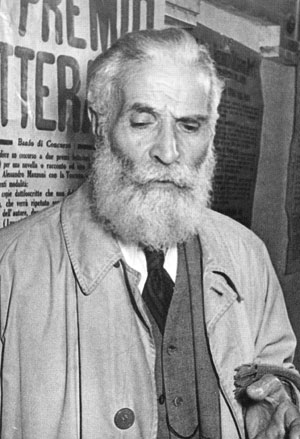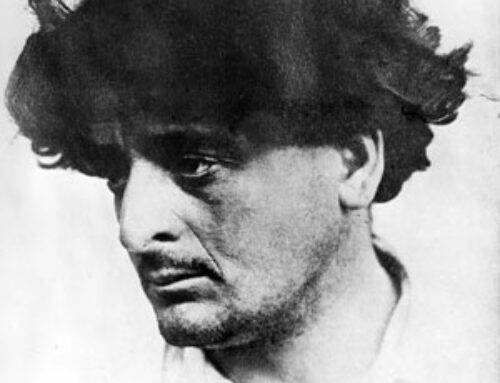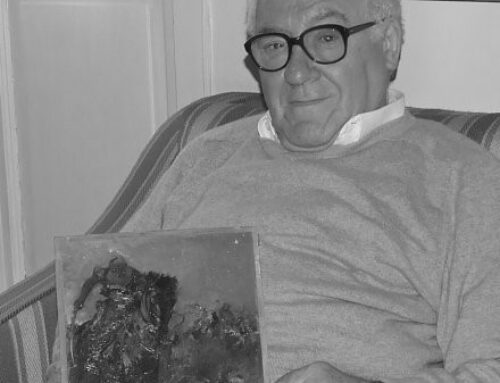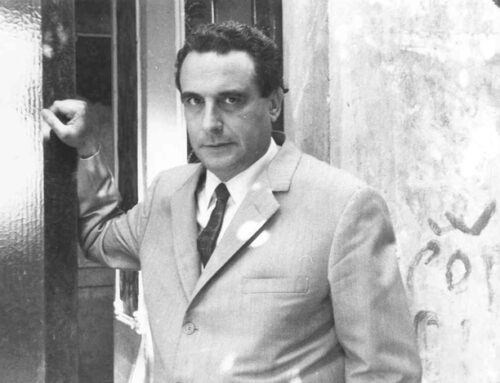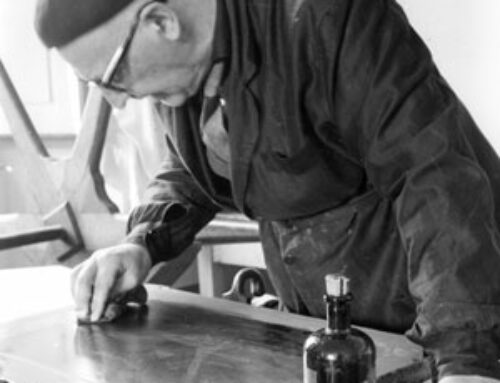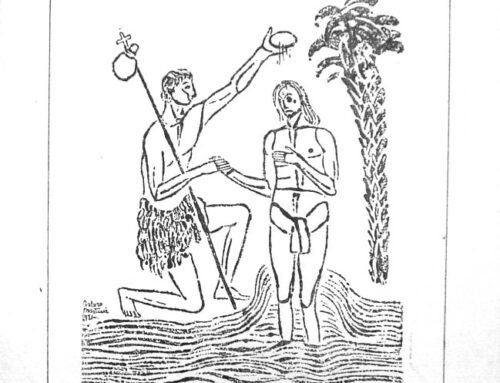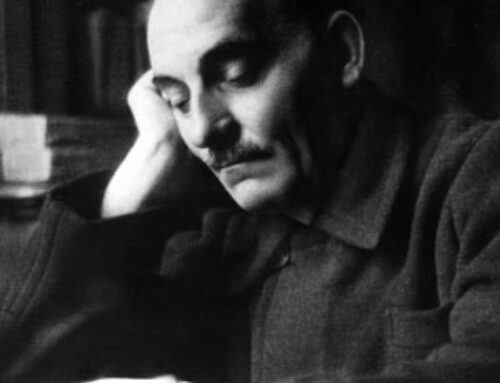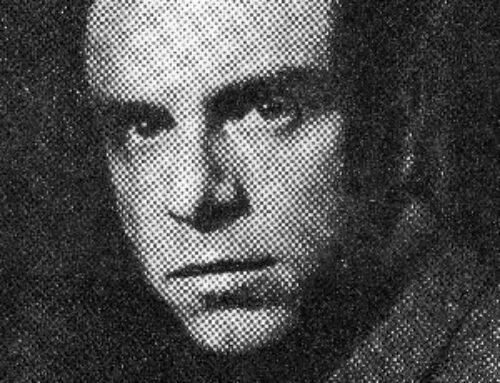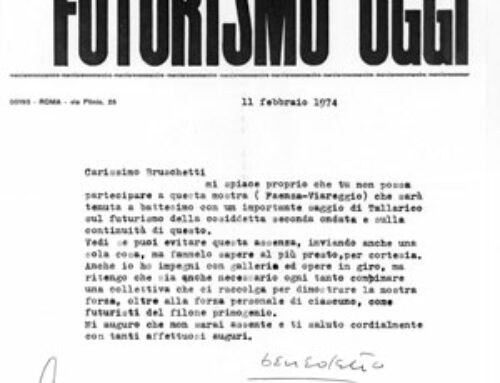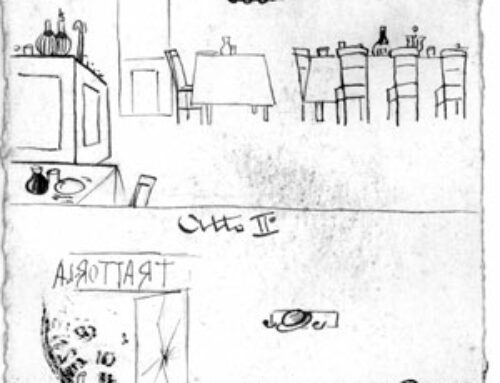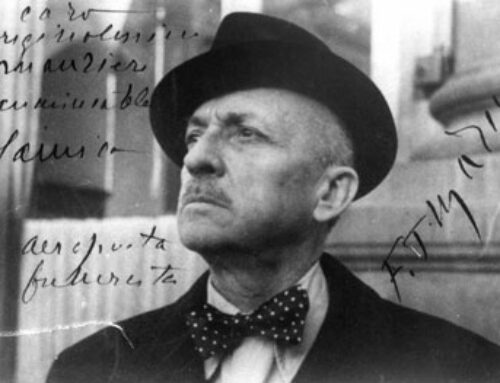(Serravezza, Lucca, 1881 – Forte dei Marmi, 1958), poet and prose writer, spent part of his youth in Alexandria, Egypt, where he met Ungaretti, who had his first book of short stories “Fole” printed in 1910. Back in Italy, he became involved in theater with intense activity as an organizer and impresario, reviving the tradition of Tuscan “maggi.” The most mature works are those of the autobiographical tetralogy: “Moscardino” (1922), “Il volto santo”(1924), “Il servitore del diavolo” (1931), and “Magoometto” (1942), where he evokes on a lyrical-evocative register a long period of his existence. He returned to more traditional narrative forms with “La figlioccia” (1931), “Il forestiero” (1937) and “La maremmana” (1938, Viareggio Prize) while his last novels , “Solaio” (1941), “Malaria di guerra”(1947), “Zitina” (1949), “Vita in Egitto”(1949) and “Peccati in piazza”(1956), reverted to an elegiac realism linked to autobiographical material.
The Enrico Pea Fund consists of the following sections: Correspondence, which collects letters addressed to Pea from numerous senders including Baldini, Banti, Bargellini, Bellonci, Bonsanti, Betocchi, Cardarelli, Caretti, Cecchi, Cicognani, Contini, De Robertis, Falqui, Gadda, Maccari, Malaparte, Manzini, Montale, Ojetti, Papini, Pavolini, Pound, Quasimodo, Rèpaci, Svevo, Ungaretti, Viani, and Vittorini; Pea’s minutes to various recipients, some already present as senders (Baldini, Banti, Bargellini, Bellonci, De Robertis, Falqui, Montale, Pavolini) and letters from various senders to various recipients; Manuscripts, which collects preparatory material related to the novels and poems, notes on theater, typographical drafts and some poems by various authors sent to Pea as a judge for the 1957 Lerici Prize; Press Review, collection of articles attributable mostly to the organizational and entrepreneurial activity related the theater; Periodicals, with the masthead “The Rock” (1958); Miscellaneous, collection of administrative and accounting materials (contracts, bank documents, receipts), posters, invitations, publicity sheets, and some photocopied songs by Icilio Sadun with words by Pea.

